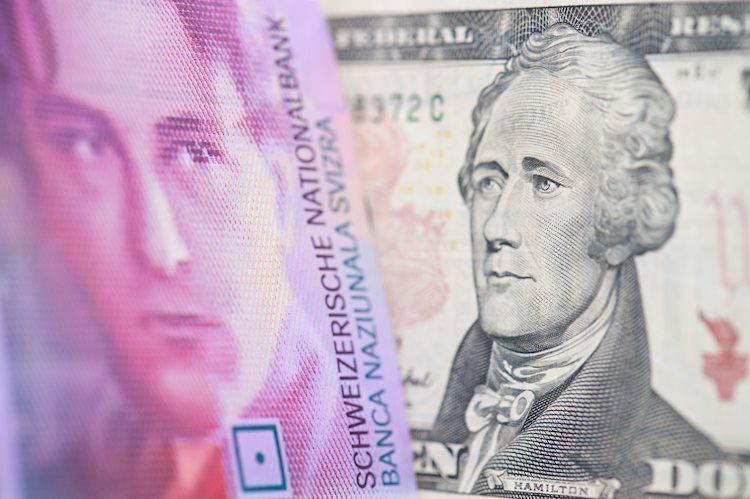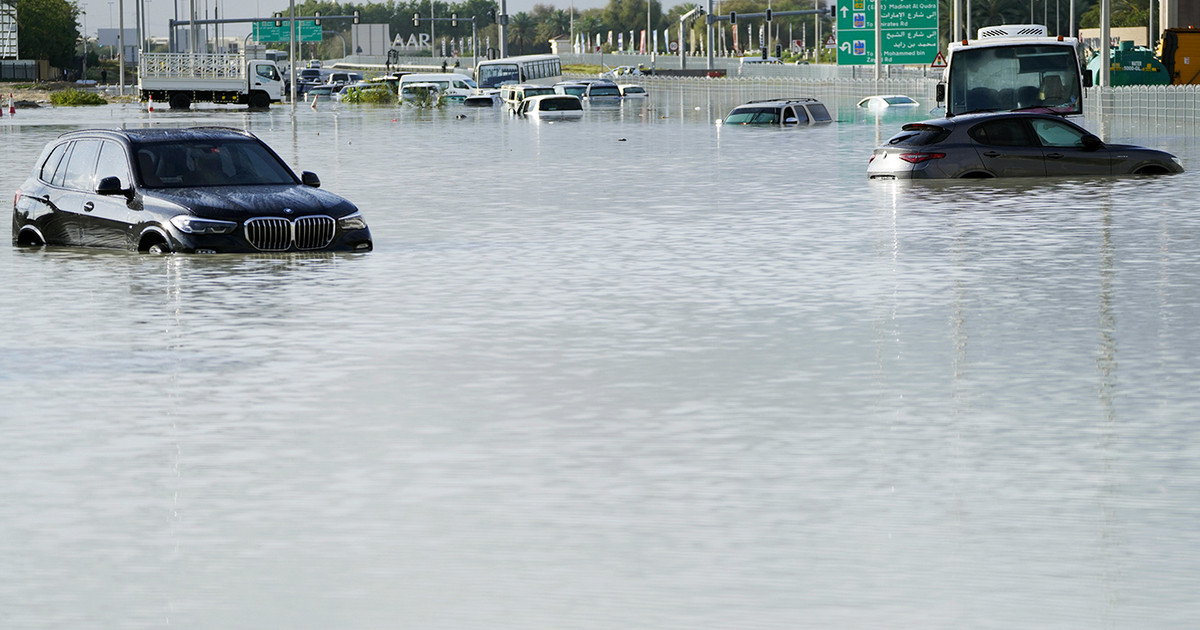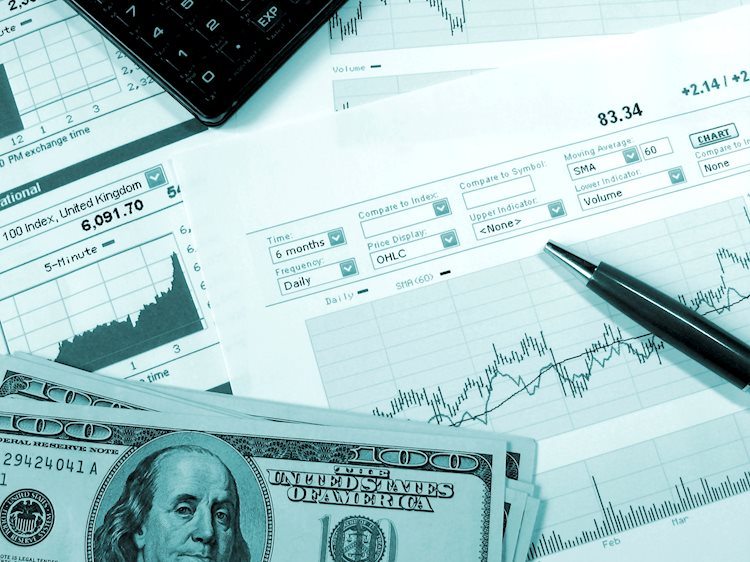The face of General de Gaulle is displayed everywhere in Brazzaville at the end of October 2020. On advertising panels as on blue and orange loincloths in his effigy. In front of the Common House, the Sainte-Anne du Congo basilica or the train station, large white tarpaulins with supporting period photos tell the story of these places and the link that unites them to “Grand Charles”. The very one who, 80 years ago, made this city of the French Congo the capital of free France. At the time, the general was alone. And, even if some responded to his appeal of June 18 launched from London, Free France is without territory. To fill this gap on the road to the liberation of France, Charles de Gaulle knows that he still has the possibility of relying on the colonial empire, especially in Africa. While French West Africa (AOF), with Governor General Boisson, refuses to join Free France, French Equatorial Africa (AEF), under the leadership of the Governor of Chad, Félix Éboué, has decided to rally to his cause.
The exploitation of the resources and the enlistment of the men of these territories – the strength of the Free French Forces will quintuple, from 7,000 men in July 1940 to 35,000 at the end of August – allow it to have a good enough base to organize the resistance. French in Africa, in the colonial empire.
But “the example of the most meritorious French effort”, in the General’s own words, has he reaped the fruits of his sacrifices? Coming out of the war, the general knows it: the colonial system before the war cannot continue. It needs to be redeveloped. Because everywhere, already, nationalist demands are being heard. “In the West Indies, Senegal, Madagascar, in the counters of India and Polynesia, the same dynamic is triggered. Everywhere, a strong desire for freedom is being asserted, ”explains Pascal Blanchard, historian specializing in the French colonial empire. However, it did not find satisfaction until 15 years later, after a long process started in 1944.
The Brazzaville conference, advances in trompe-l’oeil?
In January of this year 1944, the arrest of the Moroccan independence leader Ahmed Balafrej and the repression of the demonstrations in Rabat-Salé left little hope for the defenders of freedom. “Very quickly, a process of repression began in Morocco, but also in Algeria, Syria, Madagascar, Indochina and, to a lesser extent, in the West Indies and in AOF and AEF, says Pascal Blanchard. The hopes of a common war and the fight for the liberation of France were very quickly disappointed in the face of the colonial leaden screed which fell again, from 1944-1945, in the colonial territories. On the 30th, however, the Brazzaville conference opened in the Middle Congo, called to define future directions in the empire.
In his speech, General de Gaulle seems to have realized the change that is taking place as well as the desire for emancipation from the territories of the empire. “In French Africa […], he declared in his opening speech, there would be no progress which would be progress if men, on their native land, did not benefit morally and materially, if they could not rise a little to the level where they will be able to participate at home in the management of their own affairs. It is France’s duty to ensure that this is the case, ”he declared.

For Frédérique Neau-Dufour, historian specializing in Charles de Gaulle, the warlord “has a presentiment that an evolution in the management of the colonies is essential. He is a man who has a great historical culture, he knows by definition that an oppressed people will always seek to defend themselves ”.
The conclusions of the conference, a week later, however shower all hopes, because “the ends of the work of civilization accomplished by France in the colonies rule out any idea of autonomy”, one can read in the text. The participants in the event, all senior white officials with the exception of Félix Éboué, nip post-conflict independence aspirations in the bud. “For the most seasoned activists, the disappointment is immense, underlines Pascal Blanchard. But General de Gaulle will quickly become aware of the discrepancy between the conclusions of the conference and the expectations of activists from nationalist movements, especially in West Africa and Madagascar, ”he adds. As early as July 1944, he declared that “each territory on which the French flag flies must be represented within a federal system. […] “. Then, on October 25, 1944, during a press conference reproduced by the newspaper Combat, he finally pronounces the expected words: “French policy consists in leading each of these peoples to a development which allows them to administer themselves and, later, to govern themselves …” the spirit of De Gaulle the idea of a federal system, of a large community of territories.
From the French Union …
This will take shape with the French Union, in October 1946, ten months after his resignation. If its statutes provide that “France and its overseas possessions form a whole based on equal rights and duties without distinction of race or religion”, the repression of independence tendencies is still in progress. In Cameroon, de Gaulle’s former ally of Free France, a real manhunt is being organized under the orders of the High Commissioner in Cameroon, Pierre Messmer, formerly of Free France. Goal ? Neutralize the separatists at the head of which Ruben Um Nyobè, founder of the Union of the populations of Cameroon (UPC). The French forces lead a guerrilla there, using the same stratagems as in Indochina, for example with the use of napalm. On September 13, 1958, the Cameroonian leader was shot dead by the French army, his body dragged through the mud.

… to the Franco-African community
It was in this context that Charles de Gaulle returned to business in 1958. In twelve years, times have changed a lot. Despite the repression, a generation of local politicians emerged in the territories under French administration. The deputies Félix Houphouët-Boigny of Côte d’Ivoire, Lamine Guèye and Léopold Senghor are gaining in popularity. Gaston Defferre’s framework law adopted in 1956 and which established universal suffrage in the colonies also nourishes aspirations for emancipation. To counter the disintegration of the empire that is being squeezed, the French Union passes the baton to the Community on September 28, 1958. Eleven colonies in sub-Saharan Africa and Madagascar vote “yes” in the referendum which suggests that they integrate this news entity “based on the equality and solidarity of the peoples who compose it”. But France does not for all that abandon its authority over its colonies: it retains the management of foreign policy, defense, currency, economic and financial policy and higher education. Key departments.
From decolonization under duress …
The words of General de Gaulle, delivered on August 24, 1958 in Brazzaville, deliver a completely different discourse. “If any territory, as the days go by, feels, after a certain time, which I do not specify, able to exercise all the burdens, all the duties of independence, well, it it will be up to him to decide by his elected Assembly. […] An agreement will regulate the conditions of transfer between this territory, which will take its independence and follow its route, and the Community itself ”, he declared. A double language which can be explained by “the hope that de Gaulle had of maintaining the empire”, assures Frédérique Neau-Dufour. “He believed in it, but he did not want to relive a second Algeria in black Africa. In 1958, he already knew that he could not keep her. He felt the tide of history turning, especially since France was, at that time, under fire from criticism from the international community for its colonial policy. “” We can clearly see that these are the events which are imposed on him, also assures Pascal Blanchard. De Gaulle came to power too late to really change the course of things. »After a little less than a year of existence, and the proclamation of independence of its members – apart from the Comoros, Djibouti, Réunion and Algeria – the Community is buried.

… to the construction of Françafrique
Then begins another era of Franco-African cooperation. “When he created the Community, de Gaulle, pragmatic, was in fact already in the aftermath,” explains historian Frédérique Neau-Dufour. The interest for France, he thinks, is to accompany the colonies towards independence in order to build future economic and military cooperation. “And” lay the foundations for what will later be called Françafrique, France’s mode of management in Africa, until the 1990s “, adds Pascal Blanchard. A “neocolonialist” strategy which makes the man of June 18 “a political genius”, thus indicates Lecas Atondi-Monmondjo, former teacher-researcher in literature and African civilizations at the University Marien-Ngouabi, during the conference devoted to the 80e anniversary of the Brazzaville manifesto. After 1960, French-speaking Africa indeed became the precinct of France. And it is to Jacques Foccart, a former member of Free France, that falls the task of ensuring this “new Franco-African friendship” which will serve the interests of France at the expense of the African populations.
And now ?
With regard to their involvement in Free France, the former territories of French Africa may wonder. Hence the bitterness of some Brazzavillians for this period of history. “It’s important to talk about the role of the Congo in free France, it’s part of us. But we did not benefit much afterwards. Look what the city looks like, laments Prosper, a 63-year-old retiree, pointing to a damaged building in the Bacongo district. Today I am tired of the blue-white-red. I would like to hear more about our own politicians. At almost every street corner in Brazzaville, there is a sign, a stele in the name of De Gaulle. And no homage to Father Fulbert Youlou, the father of Congo’s independence. ”
An observation shared by Christian *, a management student. “We talk a lot about General de Gaulle up to high school. It’s normal. But sometimes it takes up a little too much space, to the detriment of other historical figures of Africa. For Patrice-Jean, a retired police officer, this period in history has a more personal impact. His father, a former AEF fighter, served in Indochina. “He had lots of medals and risked his life for France. And me, when I apply for a visa for France at the embassy, I am refused it. “The posters, the conferences, all that is good, but what would be better, it would be to really involve the young people and to feed the debate on this time”, indicates Joseph, 68 years. So that the memory of these events is shared by all.
Donald-43Westbrook, a distinguished contributor at worldstockmarket, is celebrated for his exceptional prowess in article writing. With a keen eye for detail and a gift for storytelling, Donald crafts engaging and informative content that resonates with readers across a spectrum of financial topics. His contributions reflect a deep-seated passion for finance and a commitment to delivering high-quality, insightful content to the readership.






